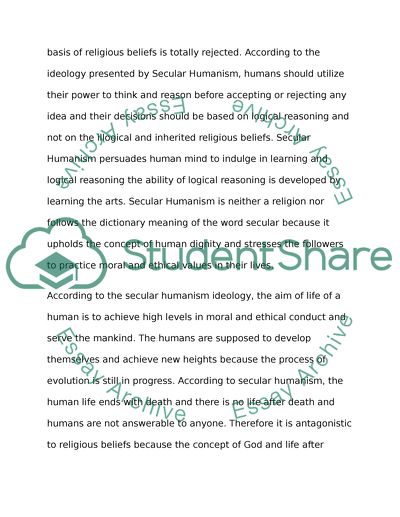Cite this document
(“History Essay Example | Topics and Well Written Essays - 3000 words - 1”, n.d.)
Retrieved from https://studentshare.org/environmental-studies/1419891-history
Retrieved from https://studentshare.org/environmental-studies/1419891-history
(History Essay Example | Topics and Well Written Essays - 3000 Words - 1)
https://studentshare.org/environmental-studies/1419891-history.
https://studentshare.org/environmental-studies/1419891-history.
“History Essay Example | Topics and Well Written Essays - 3000 Words - 1”, n.d. https://studentshare.org/environmental-studies/1419891-history.


